Seven PMs lead tributes as Betty Boothroyd dies aged 93
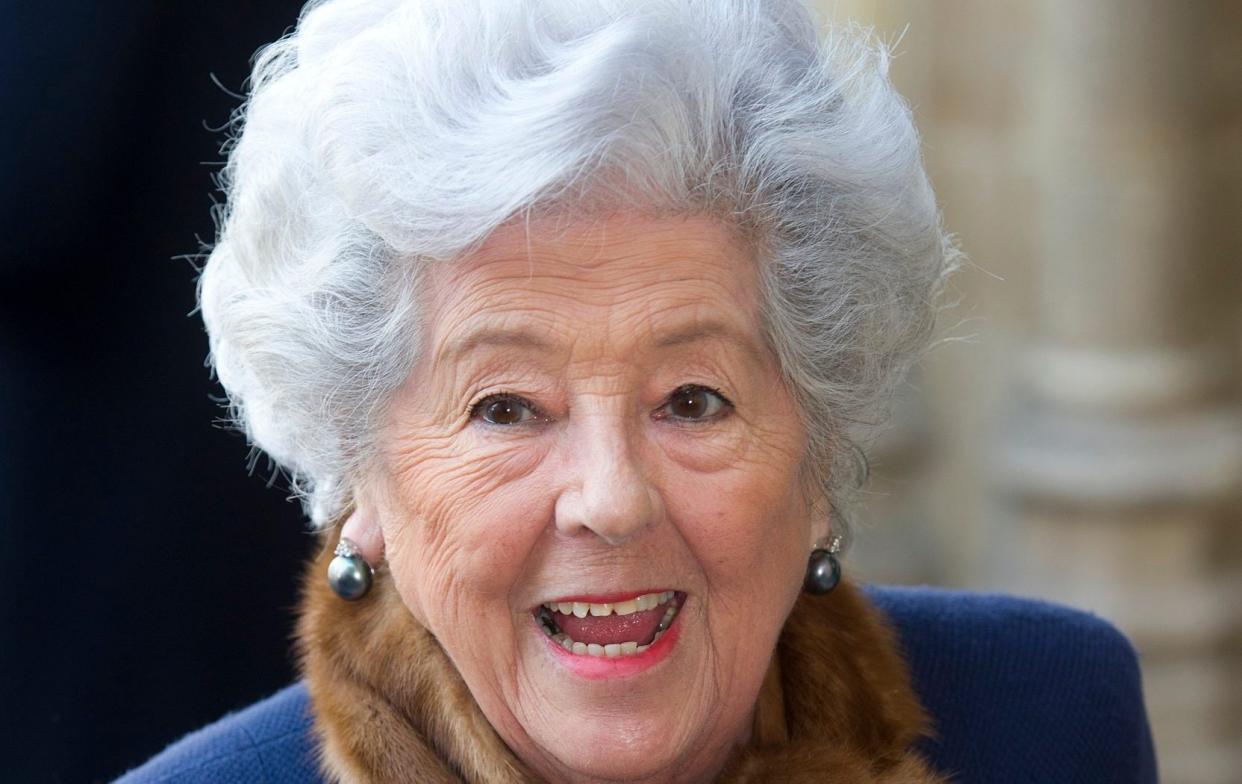
- Oops!Something went wrong.Please try again later.
- Oops!Something went wrong.Please try again later.
Seven prime ministers have paid tribute to Betty Boothroyd, the first female Commons Speaker, following her death at the age of 93.
The crossbench peer, who broke 700 years of tradition when she was elected as Speaker in the spring of 1992, died at Addenbrookes Hospital in Cambridge on Sunday.
Renowned for her unwavering sense of fair play, unshakeable sense of humour and passionate belief in the sovereignty of Parliament, Baroness Boothroyd’s term of office coincided with Sir John Major’s attempts to defend his slim majority.
She was in the Speaker’s chair during the extensive parliamentary wrangling over the Maastricht Treaty, had to navigate the sleaze scandals that beset the Major government and witnessed Sir Tony Blair’s meteoric rise in 1997.
When she retired from the Commons three years later, she ended her remarks with the phrase most commonly associated with her – “time’s up” – to cheering and waving of order papers.
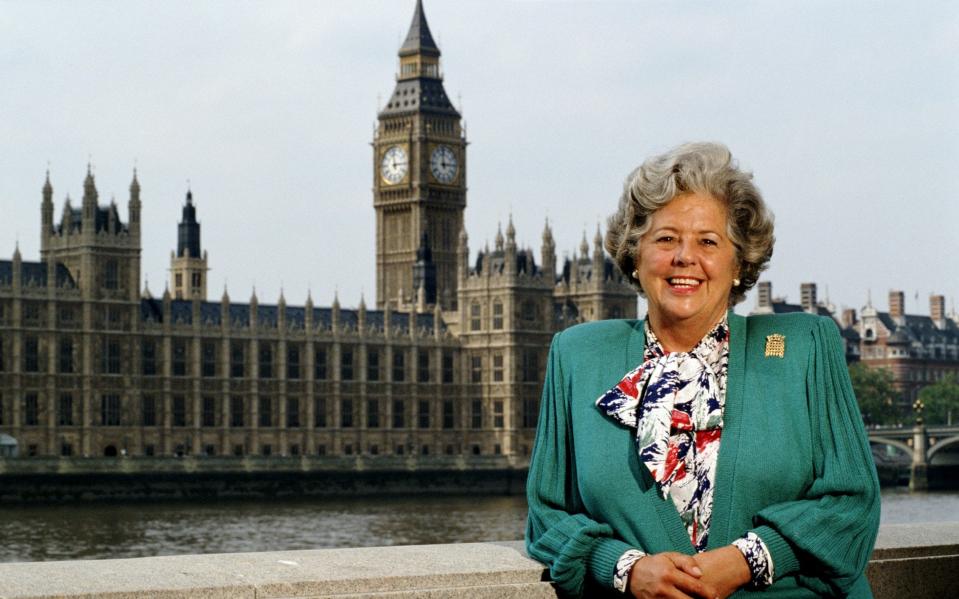
Rishi Sunak, the Prime Minister, described Baroness Boothroyd as “a remarkable woman”, adding: "The passion, wit and sense of fairness she brought to politics will not be forgotten.”
Sir John said: “Betty Boothroyd was a superb Speaker, easy to like and easier still to admire. As Speaker, she was full of common sense and utterly fair in her rulings. She handled a fractious Commons with great skill. She set a standard for every future speaker.”
Sir Tony paid tribute to her as “a big-hearted and kind person”, adding: “She was a truly outstanding Speaker, presiding with great authority, warmth and wit, for which she had our deep respect and admiration.”
Boris Johnson hailed her “elegant authority”, saying: “She made history”, while Theresa May described her as “formidable in the Chair” and commanding respect from across the House.
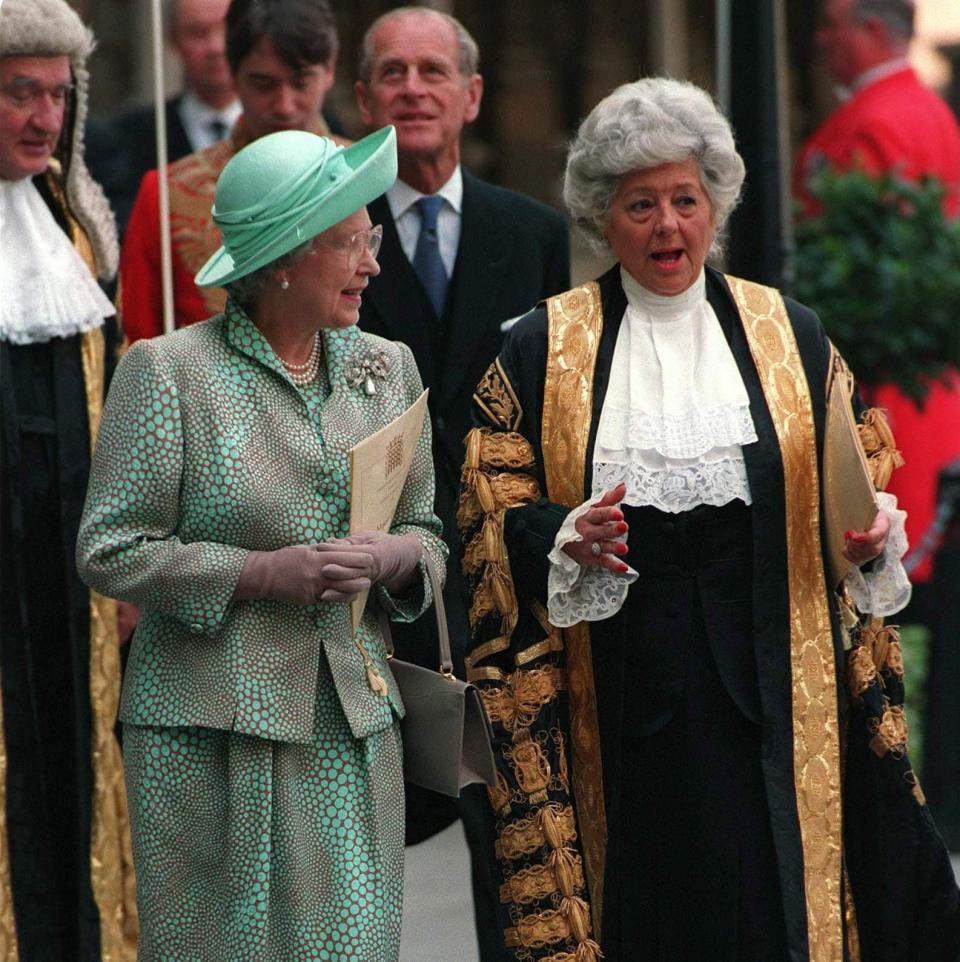
David Cameron said: “She always struck me as perfect for the job – bags of common sense, loved the institution she served, lots of natural authority, and always able to see the wood for the trees.
“It was an honour to meet her after she left the Commons and went to the Lords. We’ve lost a great public servant, a great character and a great trailblazer.”
Gordon Brown said the former speaker was “tough, yet charming, compassionate and caring”.
Sir Lindsay Hoyle, the current Speaker, said Baroness Boothroyd had broken the glass ceiling “with panache”, adding: “It was heartening to hear a Northern voice speaking from the Chair.”
Born in Dewsbury, Yorkshire, in 1929, the only child of textile workers Ben and Mary Boothroyd, she attended council schools before studying at Dewsbury College of Commerce and Art, now Kirklees College.
A trained dancer, she was a member of the Tiller Girls dancing troupe, appearing at the London Palladium before a foot infection brought her dancing career to an end.
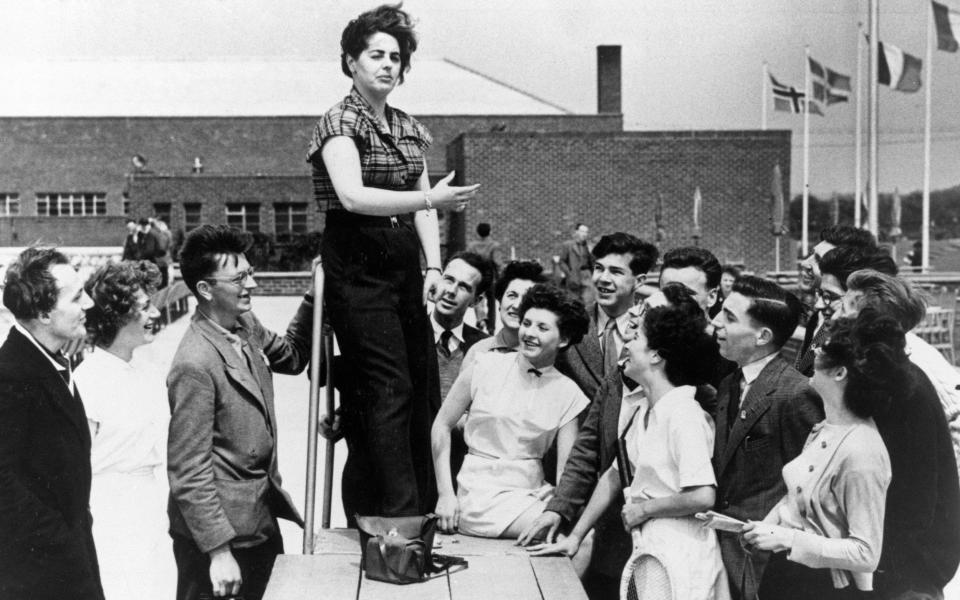
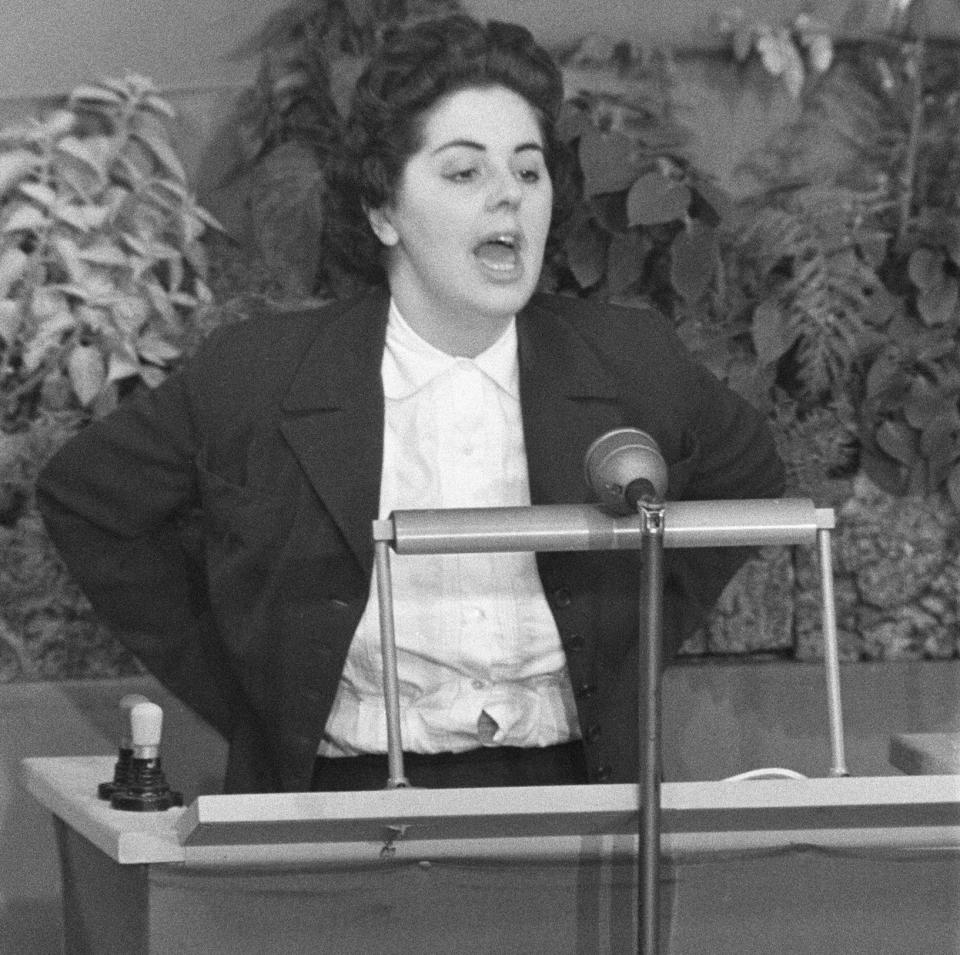
Having won a national speaking award, she turned to politics and worked as secretary to the Labour MPs Barbara Castle and Geoffrey de Freitas before travelling to the US to campaign for John F Kennedy.
When she returned to London, she continued her work as secretary and political assistant to various senior Labour politicians including Harry Walston, a former foreign minister.
She was later elected to a seat on Hammersmith Borough Council in 1958 and remained there until 1968, by which time she had contested several Labour seats before finally winning West Bromwich in a by-election in 1973.
After a stint as an MEP, she got her big political break in 1987 she got her big political break when she became a deputy speaker under Bernard Weatherill, the then Commons speaker. After five years in the role, she made history by succeeding him as Speaker.
Very sad to learn of the death of Betty Boothroyd. A fearsome Speaker who blazed a trail. Here she is giving Simon Hughes what for after he took forever and a day to make a point a about the prorogation of parliament. pic.twitter.com/VsyFd0VUX3
— Mike Hughes (@MikeHughes_) February 27, 2023
A fierce advocate of parliamentary sovereignty, she described the House of Commons as “the chief forum of the nation today, tomorrow and, I hope, for ever.”
In 2011, she described the idea of an elected House of Lords as “wantonly destructive”, warning that it risked power struggles with the lower chamber.
In her 2001 autobiography, she explained her decision to put public service above marriage. She had an active social life, taking up paragliding while on holiday in Cyprus in her 60s, and described the hobby as both “lovely and peaceful” and “exhilarating”.

